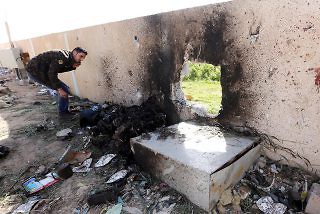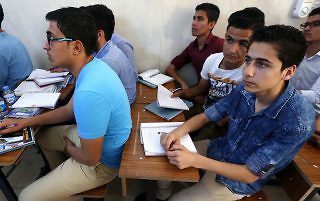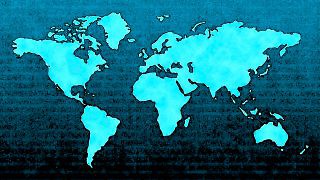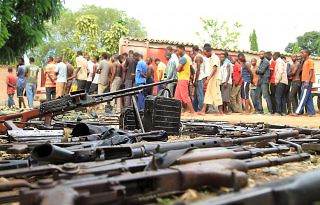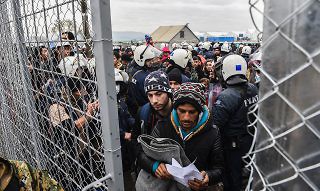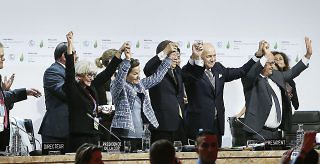Despite the increasing public acknowledgment of the limitations of military responses and the recognition that responding to violence with more violence makes us all more insecure, there continues to be deliberate reluctance to dig deeper in diagnosing some of the powerful drivers of violent extremists.
Author: Youssef Mahmoud
-
-
The UN’s new resolution on youth, peace, and security is not without its flaws in terms of guiding future policy. A potential major issue is that it sets the age range of youth as 18-24 years of age.
-
IPI’s top reports from 2015 included a study of women’s roles in peacemaking and a look at why international efforts to stop mass atrocities often fail.
-
Analyses of Russia’s intervention in Syria and the outbreak of violence in Burundi were among the most read posts on the Global Observatory in 2015.
-
Even if refugee youth are put on a track to secondary and higher education, what’s next in store remains unclear.
-
A list of key upcoming meetings and events with implications for global affairs.
-
If the Burundian government calls the AU’s bluff and refuses to invite MAPROBU onto its territory, this raises an even more fundamental set of challenges for the AU.
-
IPI Senior Adviser Francesco Mancini offers four broad lessons from 2015 than can guide the conduct of global diplomacy in years to come.
-
IPI Policy Analyst Jimena Leiva Roesch discusses the recent climate change agreement reached in Paris.
-
A list of notable books published throughout 2015, recommended by staff at the International Peace Institute.
